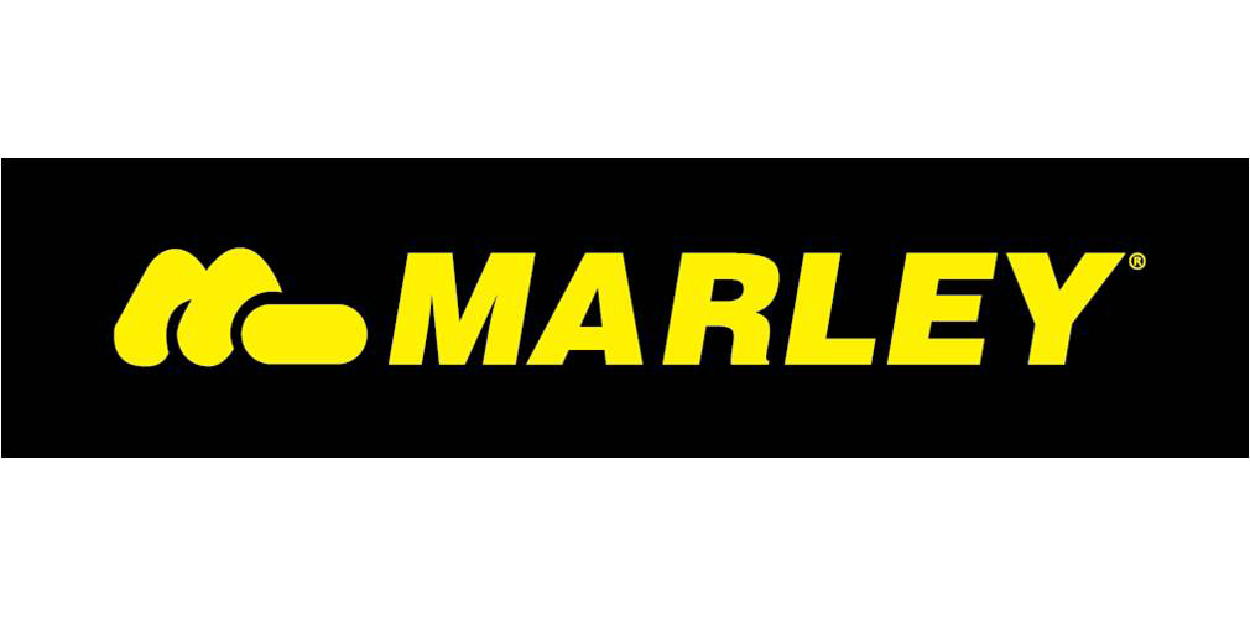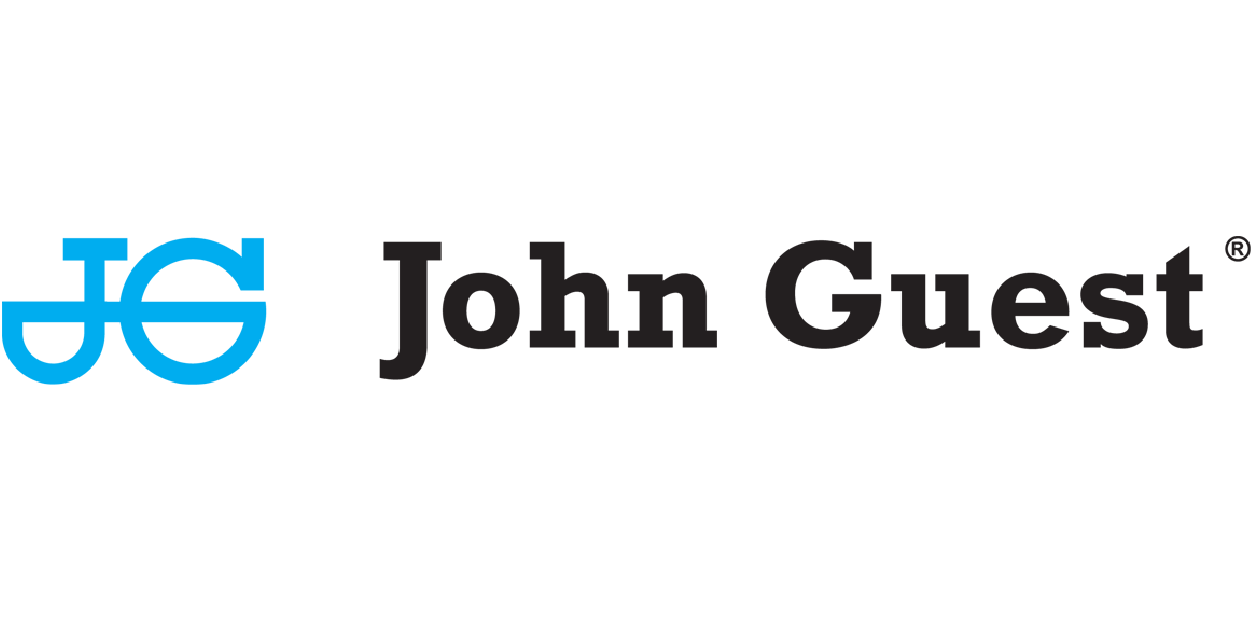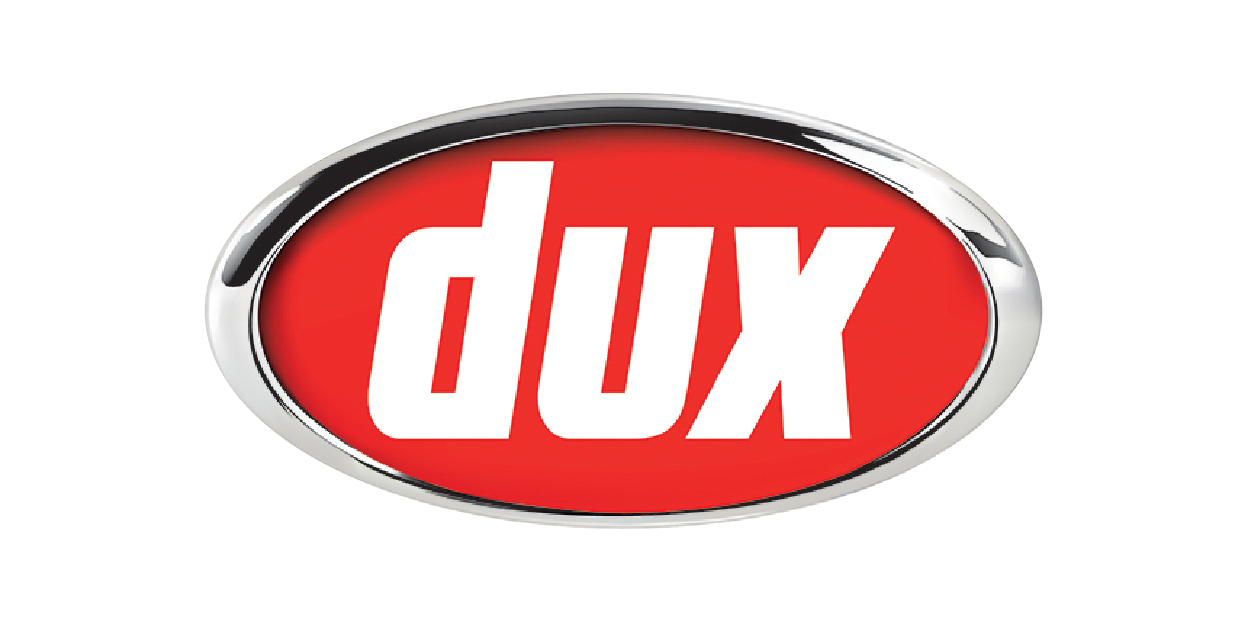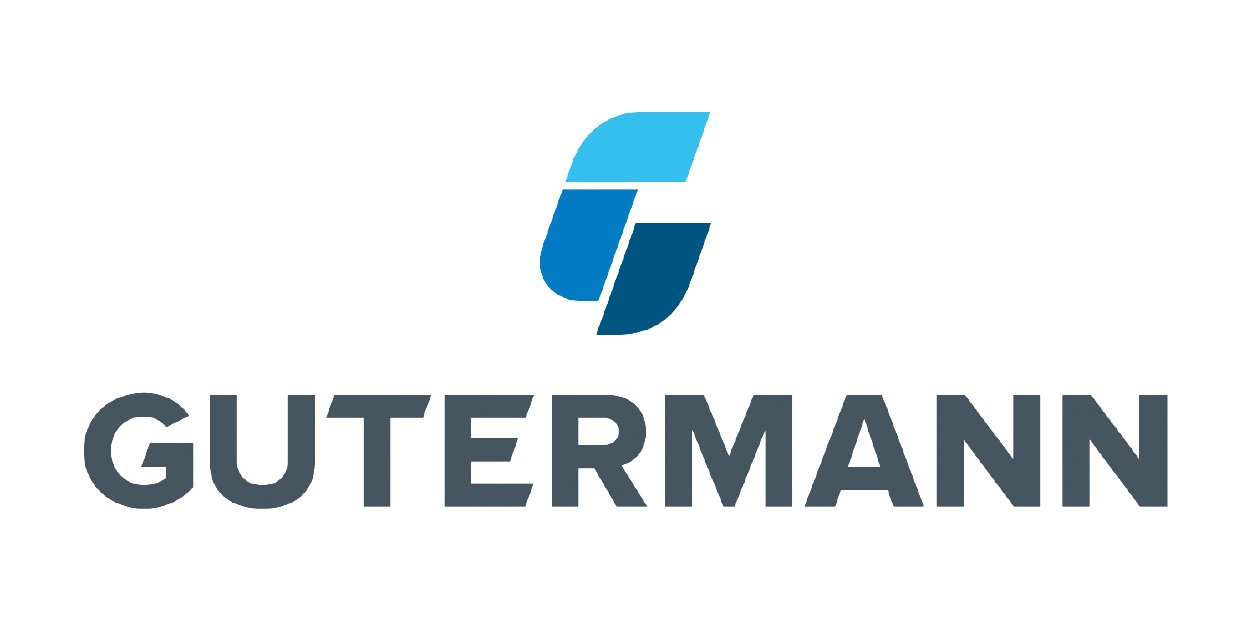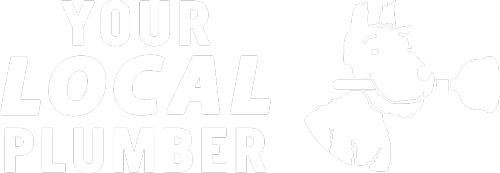
Call Today 09 973 4973 or
Heating, Ventilation, and Air Conditioning (HVAC) systems play a critical role in maintaining comfortable indoor environments in various types of buildings. However, like any mechanical system, HVAC systems can develop leaks over time, impacting their performance, efficiency, and safety. This article aims to discuss HVAC system leak detection, covering the types of leaks that can occur, the impact of leaks, and how these leaks are detected and resolved.
Understanding HVAC Systems
HVAC systems are complex assemblies comprising various components, including heating and cooling units, air ducts, thermostats, and air filters. These systems circulate conditioned air throughout a building to maintain desired temperature and humidity levels.
The Impact of HVAC Leaks
Leaks in HVAC systems can have several impacts. Firstly, they can lead to decreased system efficiency due to the loss of conditioned air or refrigerant leaks, leading to higher energy costs. Secondly, leaks can negatively impact indoor air quality. For instance, duct leaks can draw in dust, allergens, and pollutants from outside, which are then circulated throughout the building. Thirdly, refrigerant leaks can pose health and safety risks due to the chemicals involved.
Types of HVAC Leaks
There are two main types of leaks in HVAC systems: air leaks and refrigerant leaks. Air leaks occur when conditioned air escapes from the system, often through gaps or holes in the ductwork. On the other hand, refrigerant leaks involve the loss of the fluid (commonly referred to as refrigerant) that the system uses to cool the air.
HVAC Leak Detection Methods
Several methods exist for detecting leaks in HVAC systems. Visual inspection is the simplest method, where technicians look for signs of leaks, such as oil stains (from refrigerant leaks) or dust build-ups (from air leaks). However, this method might not detect smaller or hidden leaks.
Technological solutions are often more effective. These include electronic leak detectors, which can sense refrigerant gases, and UV dyes, which are added to the system and make leaks visible under UV light. Another method involves pressurising the system with a tracer gas, which can then be detected using specialised sensors.
Importance of Professional Leak Detection Services
Given the complexity of HVAC systems and the potential consequences of leaks, it’s crucial to engage professional leak detection services when suspecting a leak. These experts have the necessary tools, skills, and experience to accurately detect and locate HVAC leaks. Moreover, they can repair these leaks effectively, ensuring the safety, performance, and longevity of the system.
In conclusion, HVAC system leak detection is a critical aspect of maintaining comfortable, safe, and efficient indoor environments. Understanding the signs of HVAC leaks and the importance of professional leak detection can help ensure that these systems continue to operate effectively while reducing potential risks and costs.
Suppliers
